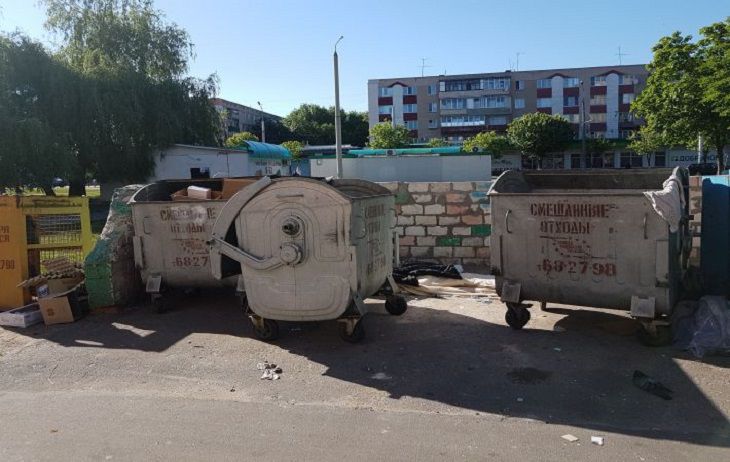From December 1, 2024, new rules for the collection and disposal of construction waste will come into force in Belarus.
The press service of the Ministry of Housing and Public Utilities of the Republic reported this on its official Telegram channel.
One of the innovations will affect many citizens, as it concerns the waste generated during repairs.
What you need to know
From December, according to new rules, such waste will have to be separated from other types of waste.
For this purpose, it is recommended to install containers with a capacity of 6 cubic meters and arrange separate sections on specially designated areas.

In addition, construction waste will be removed separately, but this will not result in increased costs for the population, the department assures.
New buildings
Please note: these innovations will not affect new buildings that are less than three years old.
The ministry justifies this by saying that major repairs and redevelopments are often carried out in such buildings.
Such events lead to the formation of large volumes of construction waste, exceeding regulatory standards.
In this regard, residents of such new buildings are advised to enter into separate contracts for the removal of construction waste.
However, a discount will be offered – construction waste will be deducted from the general standards.
Tariffs
Currently, construction waste generated during the construction, reconstruction, modernization or redevelopment of buildings is not included in the standards for municipal waste.
In particular, it does not include the remains of concrete parts, building blocks and bricks, which cannot be stored in areas for large-sized waste.
To remove them, you need to contact specialized companies, the ministry informed.
As for the payment for solid municipal waste removal services, this year the cost is a little more than 14 rubles (per cubic meter) for multi-story buildings with a garbage chute and about 13.4 rubles without one.
For reference
Waste (garbage, including construction waste) are substances or objects that are generated during the production process, execution of work, provision of services or during the consumption process, which are processed, disposed of or buried.








